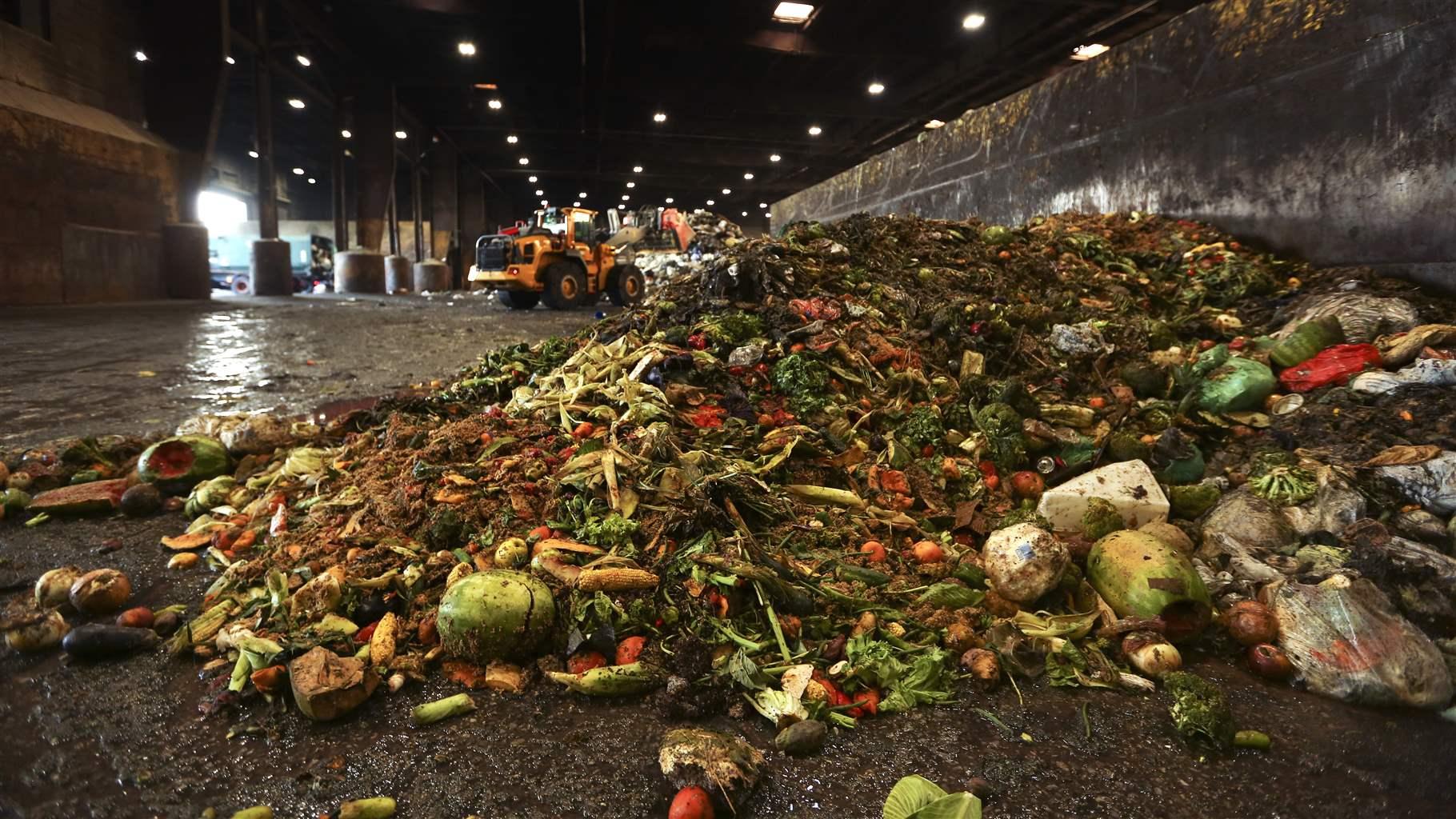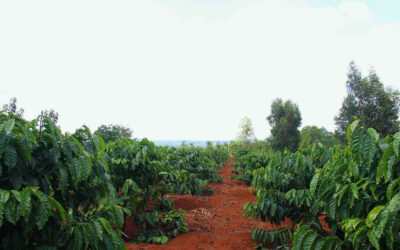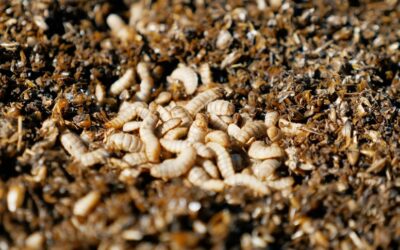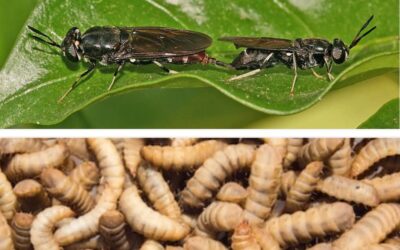The Black Soldier Fly Larvae (BSFL) have emerged as a powerful tool in sustainable waste management, particularly in upcycling various agro-industrial waste streams. Their remarkable ability to convert organic waste into valuable resources is reshaping how industries approach waste reduction and resource recovery. While BSFL can process a range of organic materials, one standout example is their use in transforming brewery spent grains (BSG) into protein-rich animal feed and organic fertilizer.
Brewery Spent Grains and BSFL: A Sustainable Synergy Breweries, especially those producing large quantities of beer, face the challenge of disposing of BSG, the leftover malt after brewing. BSFL offer an innovative solution. By consuming BSG, they not only reduce waste volume but also convert it into high-quality biomass. The protein content of BSFL grown on BSG is nutritionally comparable to fishmeal, providing a sustainable alternative for animal feed. Moreover, the frass produced is a nutrient-rich organic fertilizer, contributing to a circular economy in the agricultural sector.

Broader Application in Agro-Industrial Waste Streams Beyond BSG, BSFL are capable of upcycling a variety of pre-consumer waste from the agricultural and food industries. This includes fruit and vegetable scraps, coffee grounds, distillery waste, and food processing by-products. Each of these waste types presents a unique nutritional profile for the larvae, leading to different end products suitable for various applications.
- Fruit and Vegetable Waste: Often discarded due to cosmetic imperfections or overproduction, this waste can be a valuable input for BSFL. The larvae efficiently reduce the waste volume, minimizing environmental impacts, and the resulting biomass is a source of high-quality animal feed.
- Coffee Grounds and Distillery Waste: Rich in nitrogen, these wastes are ideal for BSFL. The larvae process these materials into nutrient-dense biomass and frass, suitable for both animal feed and soil amendment.
- Food Processing By-Products: Residues from food manufacturing, such as grain husks or dairy processing leftovers, are another excellent feedstock for BSFL. Their transformation contributes to reducing the carbon footprint of food production.
Environmental and Economic Benefits The environmental benefits of using BSFL for upcycling agro-industrial waste are immense. This approach significantly reduces the amount of waste sent to landfills, thus lowering greenhouse gas emissions. Additionally, the need for conventional animal feed sources like fishmeal and soymeal is reduced, which are often associated with environmental and ethical concerns.
Economically, BSFL offer a cost-effective solution for waste management while producing high-value products. The protein content in BSFL, akin to fishmeal but more expensive than soymeal, provides a sustainable and nutritionally superior alternative for animal feed. The organic fertilizer produced as a by-product enhances soil health, closing the loop in agricultural sustainability.
Looking to the Future The role of BSFL in upcycling agro-industrial waste is an exemplary model of environmental innovation. As industries and policymakers look for sustainable waste management solutions, BSFL stand out as a versatile and effective option. Their ability to turn waste into valuable resources not only addresses waste management challenges but also contributes to the development of a circular economy, making them a keystone species in the journey towards a more sustainable future.






0 Comments